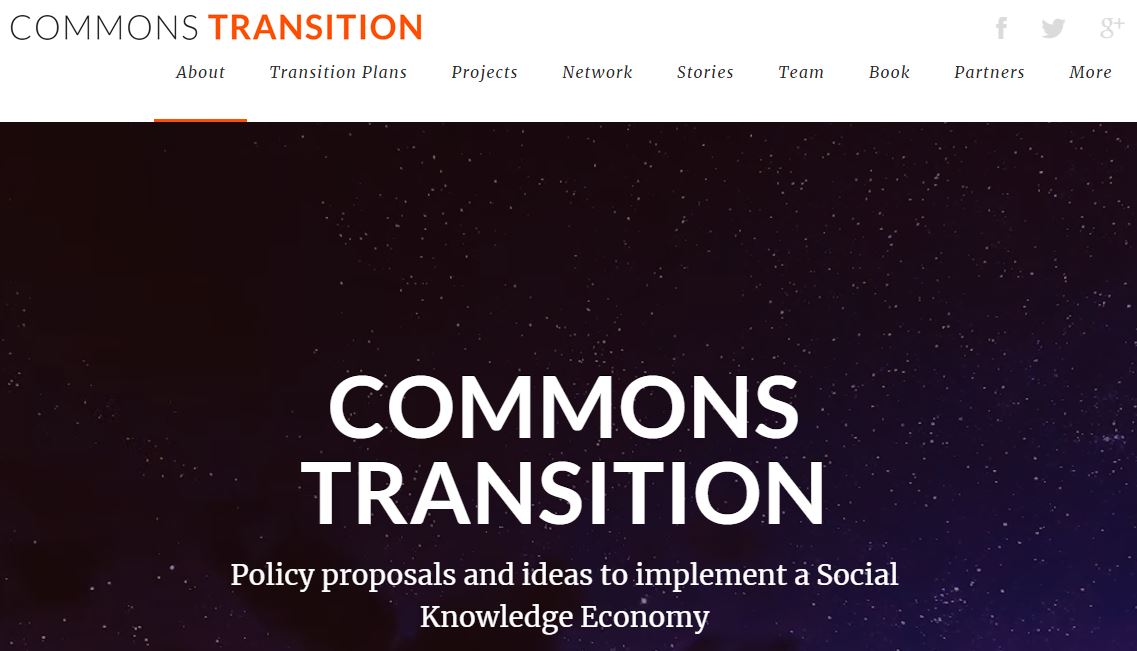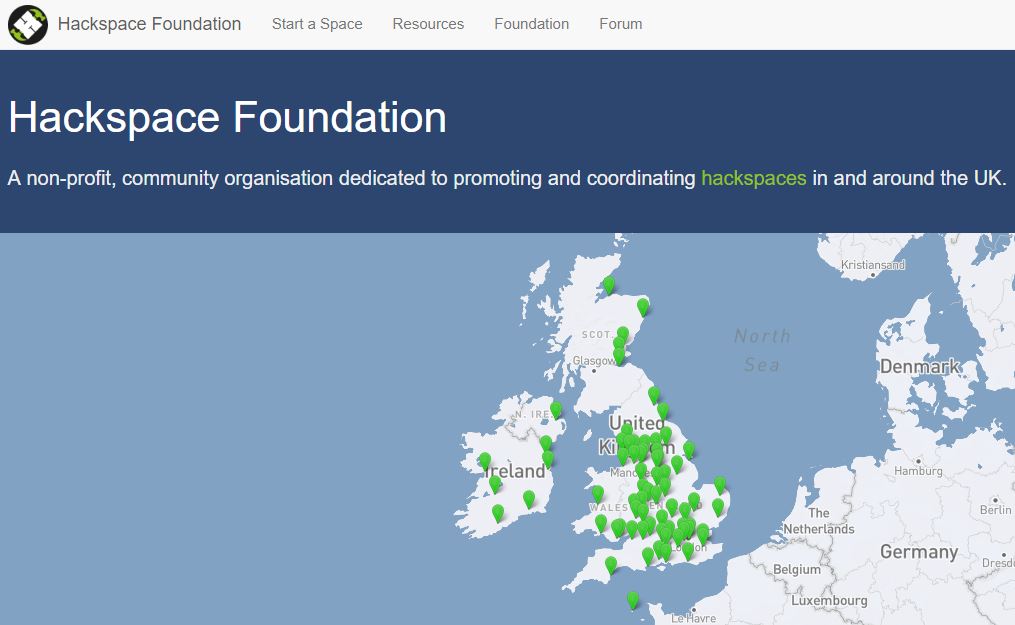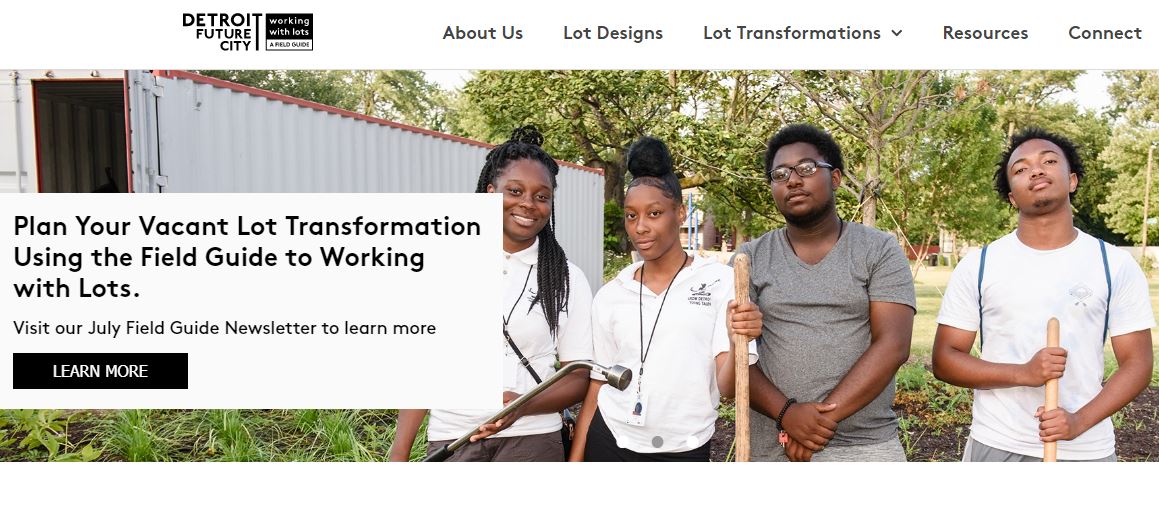Since the 2008 economic crisis, Madrid has become the epicentre of major political and urban change. The city’s Indignados are back, asserting that residents have a “right to the city” as well as “lodging, work, culture, health, education, political participation, the freedom of personal development and the right to first-necessity products”, as expressed in the manifesto of the ¡Democracia Real Ya! movement. These and other groups have thus revived a traditional Madrilenian citizens’ movement, based in part on self-management.
This is witnessed today in the phenomena of laboratorios ciudadanos(citizen laboratories) created in vacant city spaces. Not the result of any urban-planning strategy, they seem to have materialised from the spontaneous impulse of ordinary citizens and highly qualified groups working together in areas like collaborative economy, the digital technology, urban ecology or social urbanisation. These laboratories are fertile grounds for open-source urban planning (in Spanish, urbanismo de codigo abierto) and collectively rethinking the urban commons. The challenge is to (re)make the city in situ, using neighbourhood resources rather than acting like public authorities or already-established municipal groups.
To read the rest of this article, please visit: The Conversation







